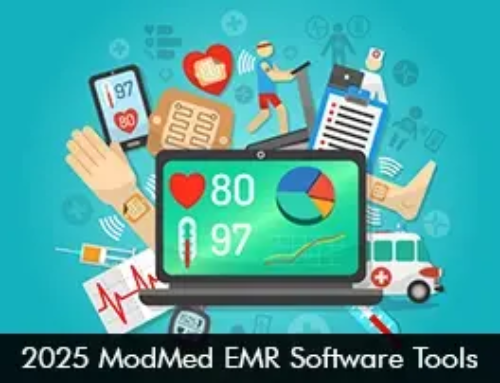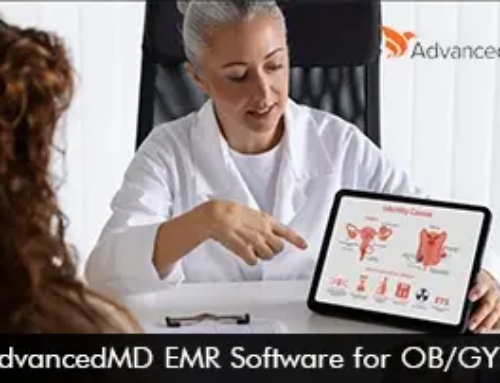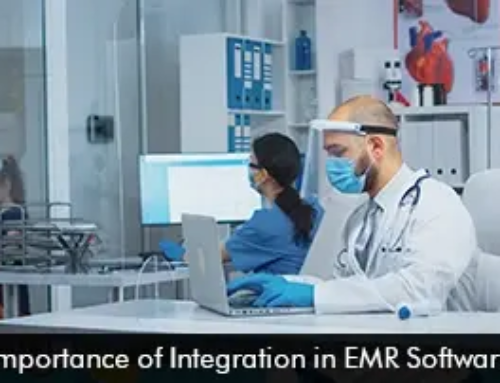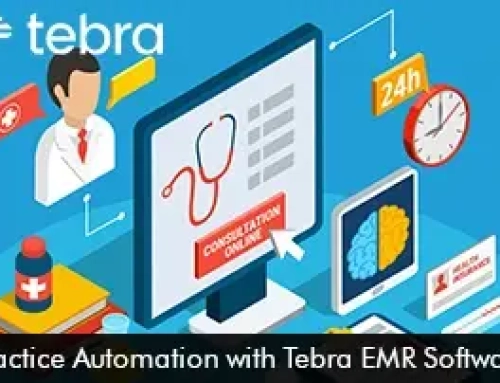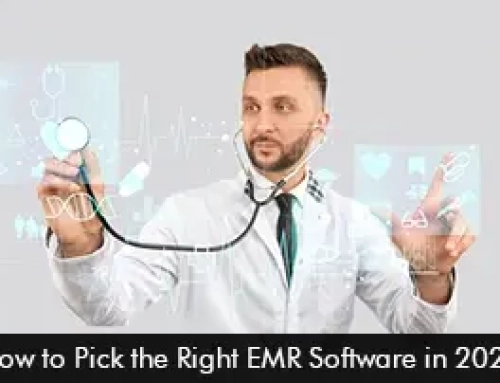Electronic Medical Records (EMR) Software has been widely deployed by healthcare organizations to streamline workflows and enhance patient care. The technology, however, can lead to physician burnout if the right training and education are not offered. According to KLAS clinician burnout can be alleviated and user satisfaction can improve with EHR Software training best practices.
The Importance of EHR Software Training
In the healthcare sector, EMR software training is essential for several reasons. First, it guarantees that medical providers can use the software system effectively, simplifying their workflow and reducing mistakes.
Appropriate training for EHR software guarantees adherence to legal requirements, like HIPAA, protecting patient privacy and data security. Furthermore, effective EMR software use improves teamwork and communication across healthcare organizations, improving patient outcomes and care.
Comprehensive electronic medical records software training empowers users to use the system to its full advantage and finish tasks quickly. Through effective training, the providers don’t see the software as an added burden, but as a tool that can assist them to improve healthcare delivery.
Top 3 EMR Software Training Tips
So what are the best EHR Software training practices that can boost provider satisfaction and eliminate burnout?
Training ensures that electronic medical records software technology can be utilized at its full potential. Providers can feel comfortable with the EMR System just like they are with their smartphones with the best training programs.
Specialty-Specific EHR Software Training
These training programs as the name suggests are designed to meet the unique requirements of medical specialties. Specialty-specific EMR Software training probes deeper into features, processes, and documentation procedures specific to a particular medical specialty than generic software training, which offers a general overview of the software’s capability.
Specialties like cardiology, cancer, or pediatrics, for instance, might have different terminology, workflows, and documentation requirements than general practice. Healthcare practitioners in these disciplines are guaranteed to be competent in utilizing the EHR Software to precisely record and manage patient data, expedite clinical workflows, and adhere to specialty-specific norms and regulations with specialty-specific EMR systems training programs.
E-Learning Modules for Electronic Health Records Software
Working remotely works well for many professions and so does virtual or E-learning training modules for EMR Software. The e-learning modules are available remotely and can allow providers to educate themselves at their own pace and convenience. It gives them the accessibility and flexibility to utilize educational training programs when they want. This training method is cost-effective and hassle-free. Software updates and modifications can be readily included in e-learning EHR Software training, giving users constant access to the most recent and pertinent information.
Healthcare organizations can improve patient care and operational efficiency by using e-learning to train users to navigate the software. This allows them to quickly onboard new employees, maintain high levels of competency in software utilization, and refresh the skills of existing users.
Ongoing EMR Software Training and Education
Electronic Medical Records Software training is not a one-time process or activity but a continuing drill. According to KLAS ongoing EHR training can address the issue of physician burnout and can boost overall satisfaction.
For example, the Mayo Clinic introduced a program tagged as the reBoot Camp to improve ongoing EMR Software training education between providers and staff members. During the program, software training was inculcated via lectures, information exchange, and active learning labs
Moving Ahead
To make the most out of Health IT technology, health systems must develop an extensive EMR Software training program. The EHR training program needs to be interactive, exciting, and well-thought about so users look forward to these training sessions. Many EHR software vendors offer ongoing training and support which can contribute to operational efficiency and better user satisfaction.



